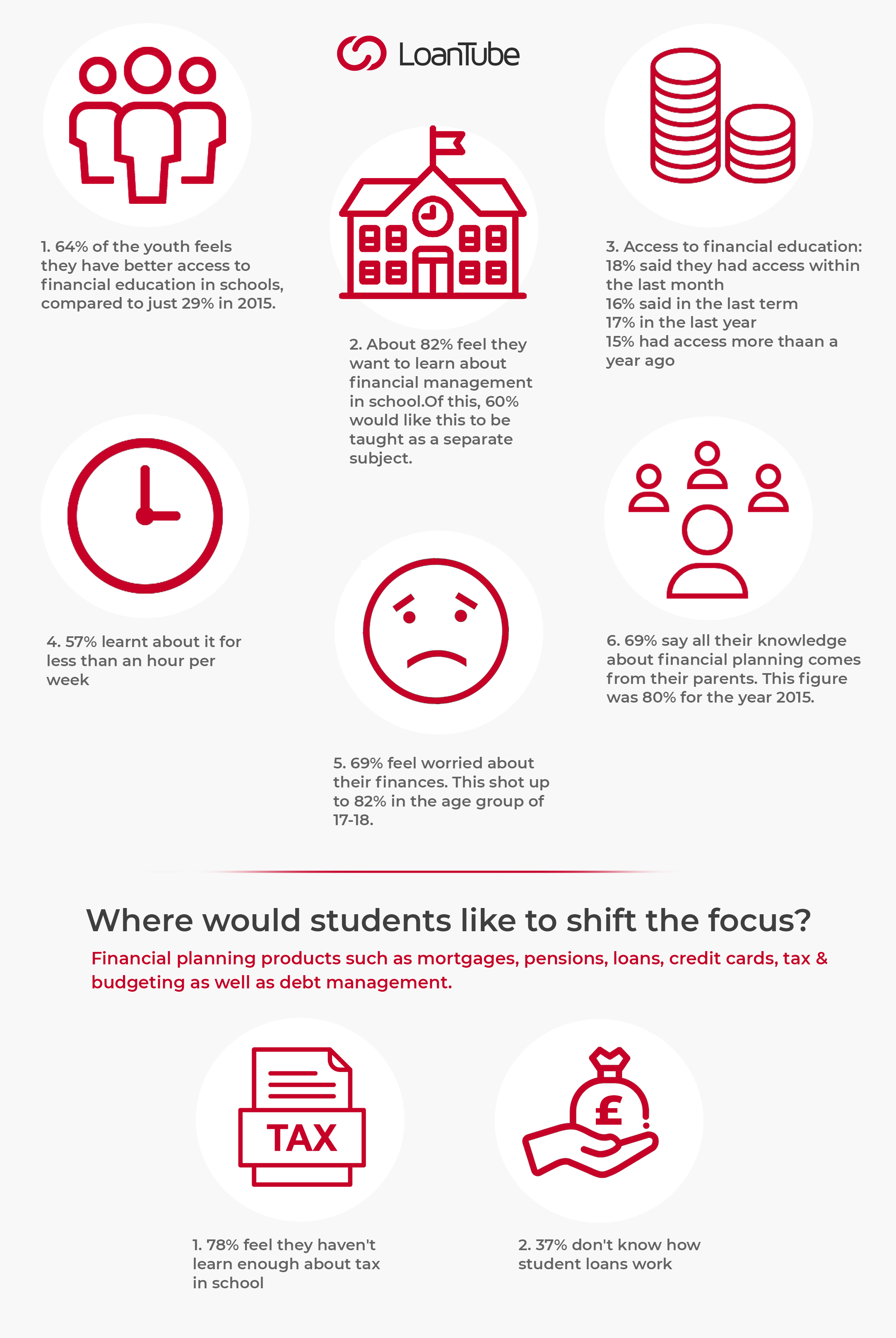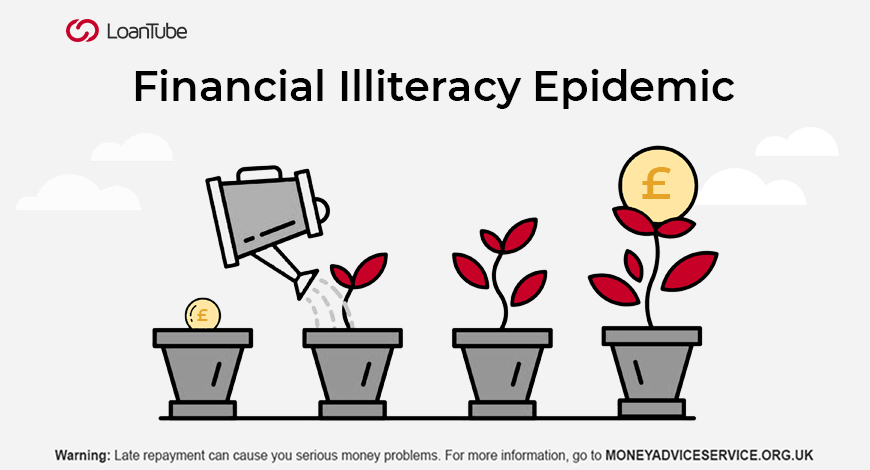Financial Education in the UK: Addressing the Gaps in Financial Literacy
Financial planning plays a crucial role in securing a stable future. Yet, many individuals find it difficult to grasp even the basics. This raises an important question—should financial education undergo fundamental improvements? Furthermore, is the UK school curriculum equipping children with the necessary skills to manage financial crises? In this article, we explore these pressing concerns.
The Financial Literacy Crisis in the UK
Millennials are widely regarded as independent and eager to take control of various aspects of life. However, when it comes to personal finances, many young adults lack the confidence to make informed decisions. A recent study revealed that 93% of Britons feel unprepared in terms of financial education. In addition, nearly half (47%) believe banks should offer better guidance to support financial decision-making.
The Impact of Poor Financial Education
Findings from the same study indicate that 67% of UK residents feel insecure about managing financial matters. Similarly, 68% acknowledge their lack of financial awareness. These statistics underscore the urgency of implementing structured and comprehensive financial education programs.
Why Financial Literacy Matters
Understanding financial literacy is essential for making sound everyday decisions. Many young adults face challenges when selecting credit cards, planning for retirement, or applying for loans. Despite financial education becoming a part of the UK curriculum in 2014, significant gaps persist. Learning about taxes, budgeting, and debt management is not just an added benefit—it is a necessity for long-term financial well-being.
Understanding Financial Illiteracy in the UK
- Financial Lives Survey data shows that individuals aged 18-24 feel the least confident when making financial decisions.
- More than half of UK adults report that poor financial management negatively affects their mental health.
- Although financial education became mandatory in 2014, gaps in its implementation continue to hinder progress.
- Access to financial education increased from 29% in 2015 to 64% in 2019. However, 86% of students stated they learned financial skills from their parents or online sources rather than in school.
- While 42% of students want their parents to discuss money management, 82% prefer receiving financial education in schools.

Financial Education in Schools: What’s Being Taught?
The UK introduced financial education into the national curriculum in 2014. According to the All-Party Parliamentary Group on Financial Education, the school syllabus includes the following key areas:
Key Stage 1
- Recognizing and understanding different coins and banknotes.
- Finding different combinations of coins to match equivalent values.
- Solving basic money-related addition and subtraction problems.
Key Stage 2
- Adding and subtracting money, including giving and receiving change.
- Solving financial problems involving fractions and decimals.
- Estimating, comparing, and calculating different financial values.
Key Stage 3
- Understanding financial units such as income, expenses, and savings.
- Solving percentage-related financial calculations.
- Applying unit pricing, compound interest, and debt repayment strategies.
Key Stage 4
- Calculating VAT and understanding tax obligations.
- Comparing different loan and savings options.
- Developing financial planning and money management skills.
- Analyzing income changes due to tax deductions and National Insurance contributions.

Improving Financial Education: What Needs to Change?
Many teachers believe that the current curriculum fails to fully equip students with real-world financial skills. Given the increasing level of personal debt across the UK, enhancing financial education is vital to preventing long-term financial instability.
Strategies for Strengthening Financial Education
- Encouraging Interactive Learning: Unlike traditional subjects, financial management requires hands-on experience. Schools should introduce real-life scenarios, interactive budgeting exercises, and engaging financial literacy activities.
- Using High-Quality Learning Resources: Integrating certified financial education materials into lessons can improve student engagement and comprehension.
- Hosting Guest Seminars: Inviting financial professionals to conduct workshops and share their expertise can offer students valuable real-world insights.
- Focusing on Practical Applications: Teaching essential financial topics such as student loans, car financing, insurance, rent, and utilities is necessary for preparing students for adult life.
Conclusion
A robust financial education system fosters responsible money management and contributes to overall economic growth. The future of the UK depends on financially informed individuals who can make sound financial decisions. Schools must emphasize financial planning and effective money management strategies.
Addressing financial illiteracy at an early stage will help reduce long-term financial struggles. By teaching students to balance spending and saving, they will be better equipped to lead financially stable lives. Strengthening financial education today will empower future generations to make informed choices and avoid unnecessary debt.


